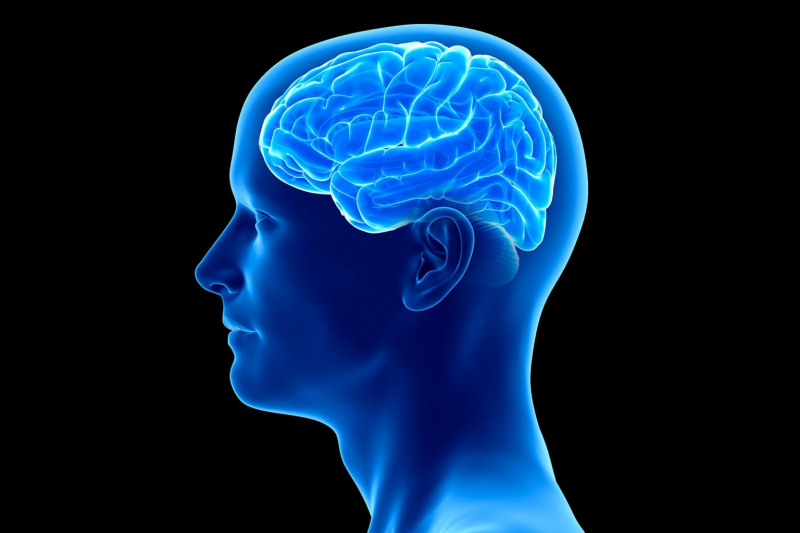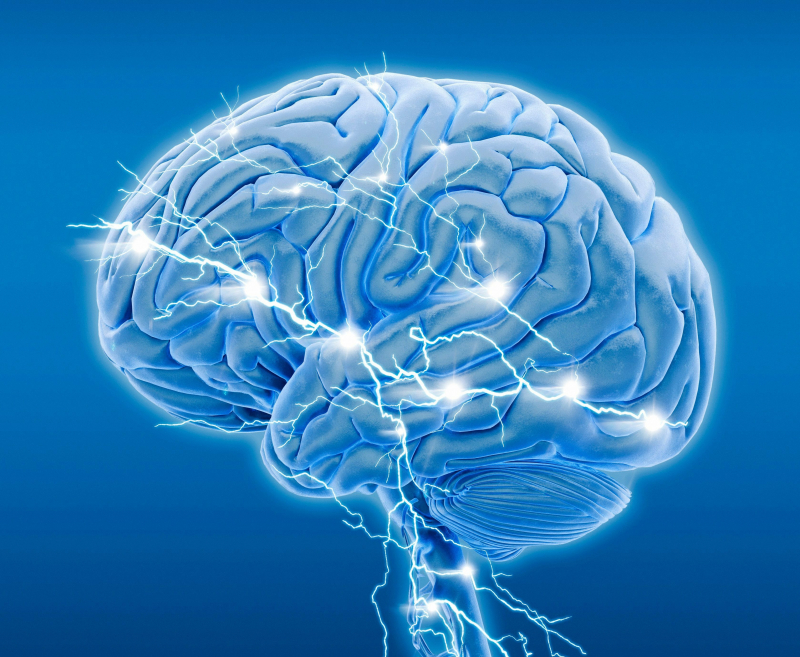Your Brain Doesn’t Sense Wetness
Imagine going for a stroll outside. The day is warm and partly cloudy. When something wet and chilly hits you in the face, you realize it is raining. How did you feel, exactly? The pressure of the plummet and the temperature change will have been sensed by the nerves in your body. What about the moisture, though?
Contrary to what our senses tell us, our brain cannot detect moisture. A variety of senses, such as texture, pressure, warmth, and others, combine to create the impression of wetness in our minds. Our brain can recognize them as wetness when they occur simultaneously since, in our experience, that is how wetness feels. It is a fabrication created by our past experiences.
However, you've probably had encounters where you believed something you felt was moist, but it turned out to be dry instead—a deception of the senses. Your brain is merely attempting to process sensations. Unfortunately, our brains aren't very good at distinguishing between how wet something feels on different parts of the body, but you can at least rate how wet something feels to you.












